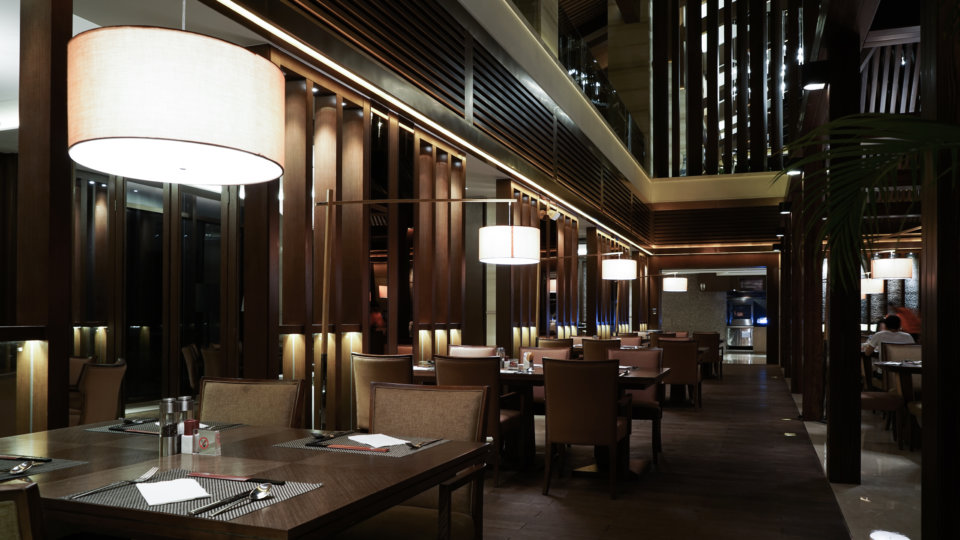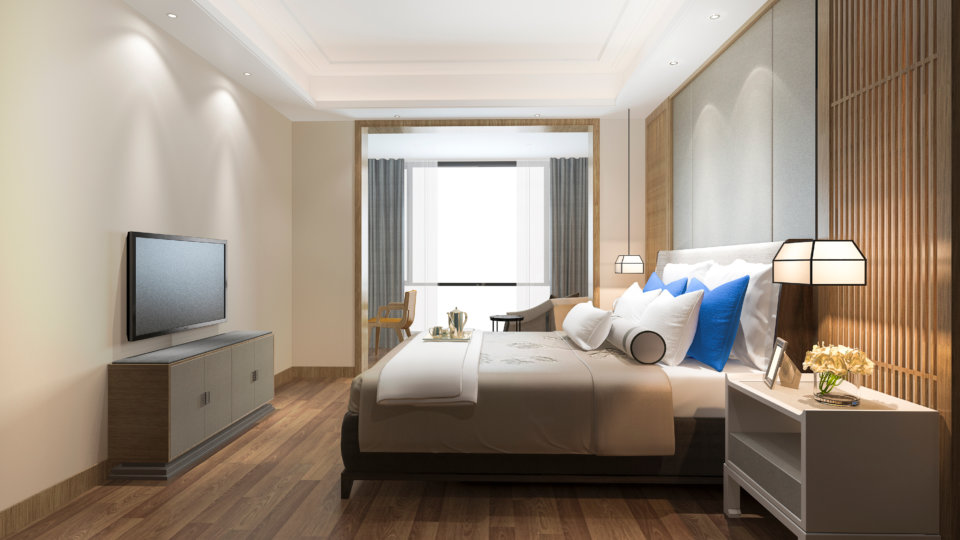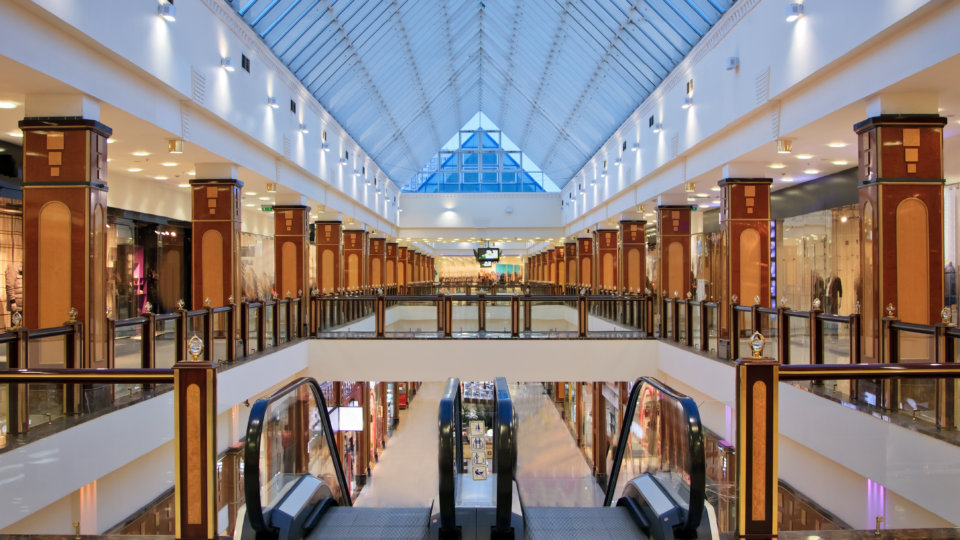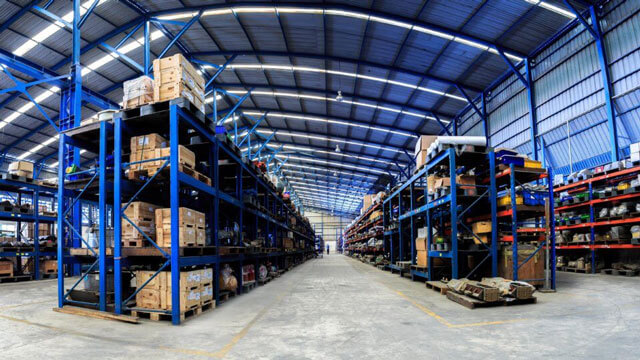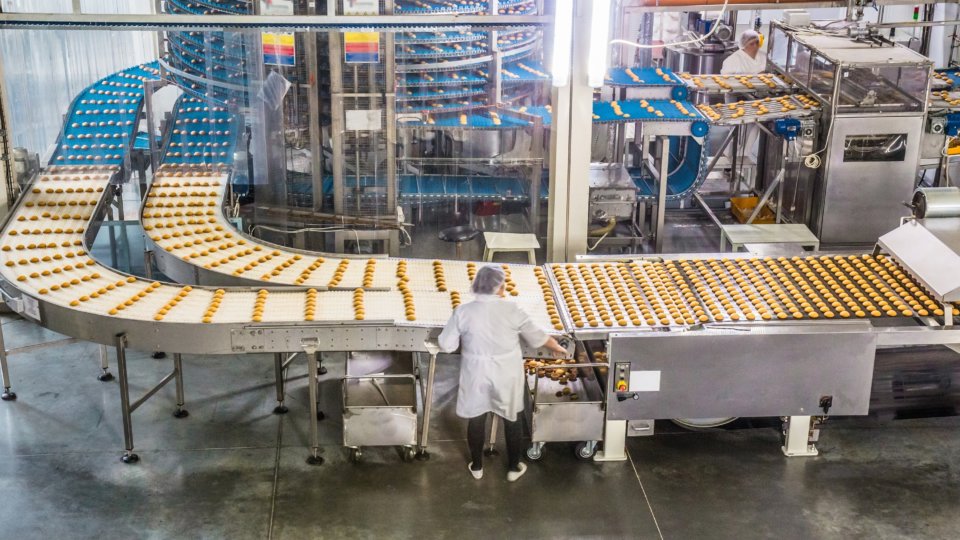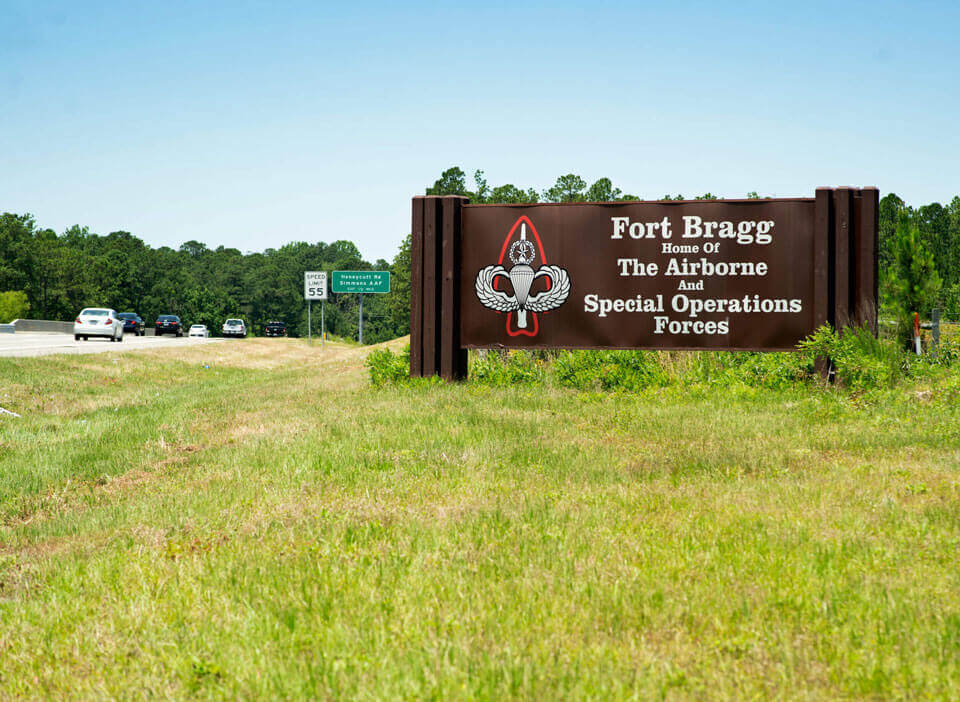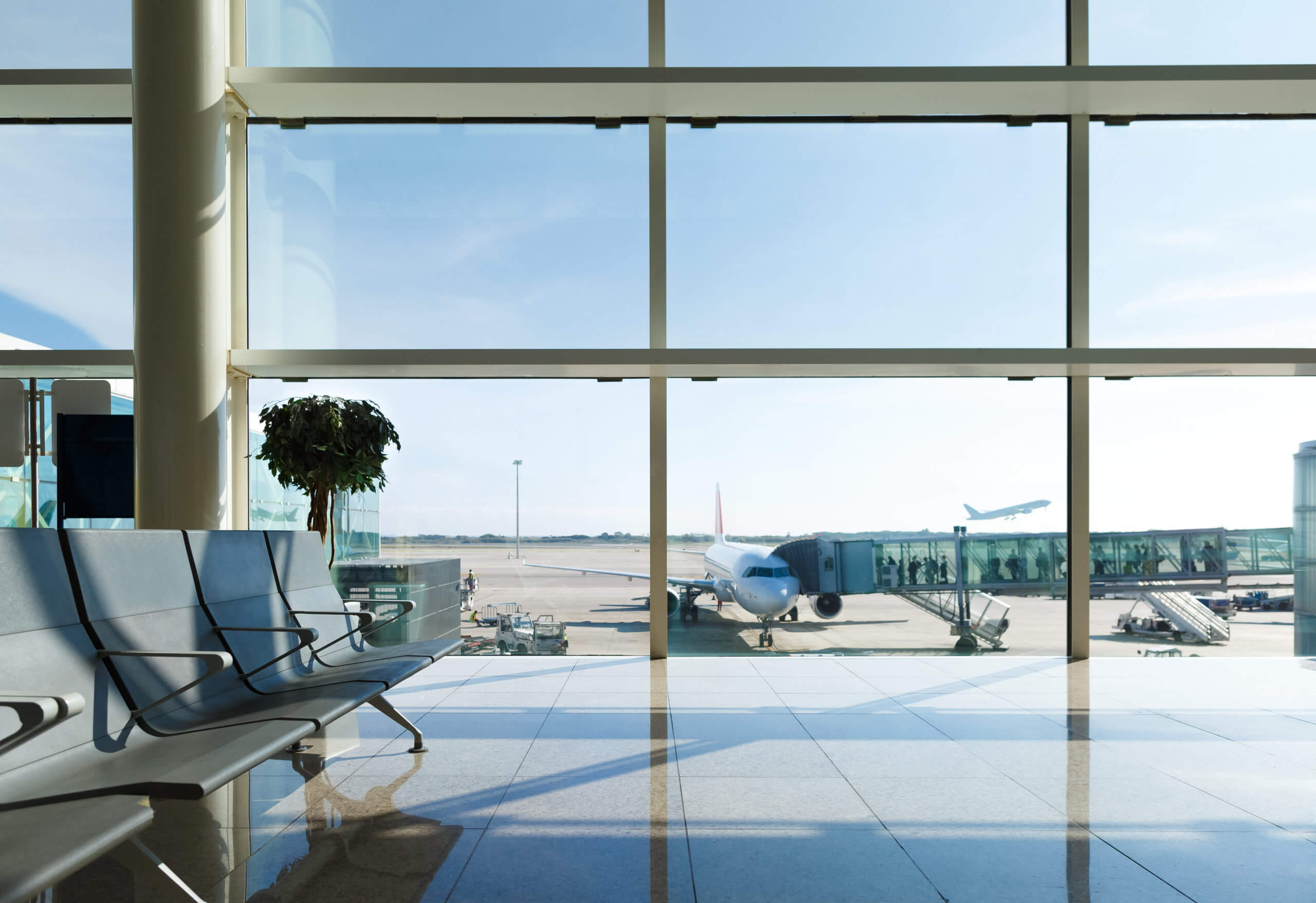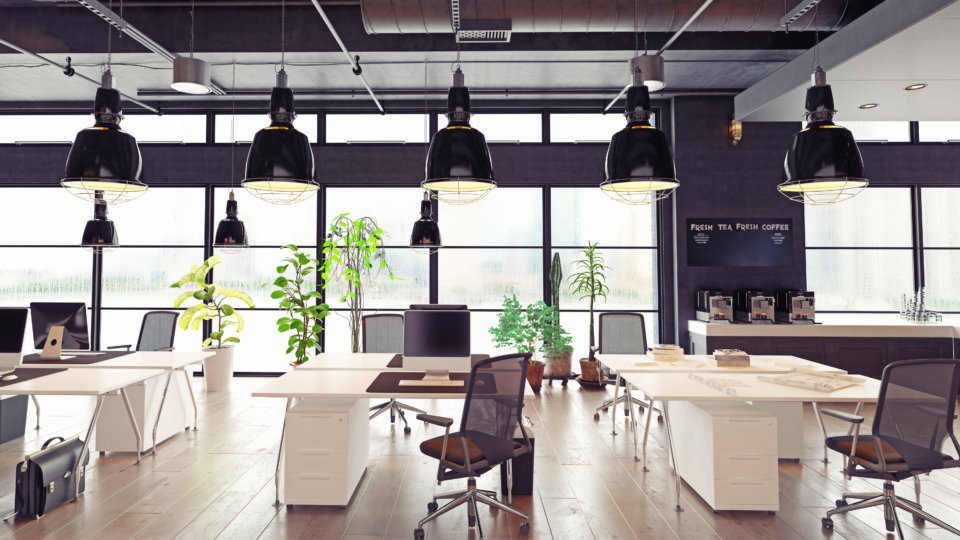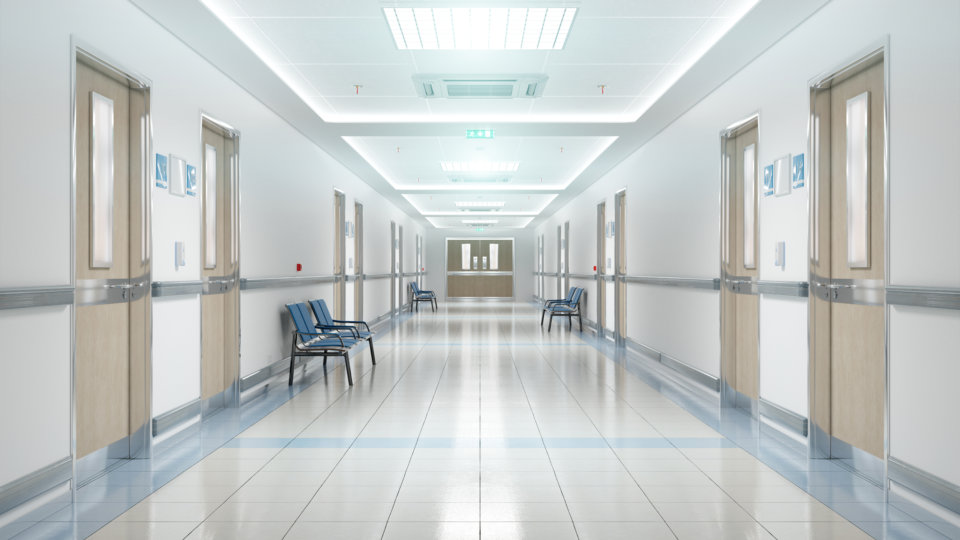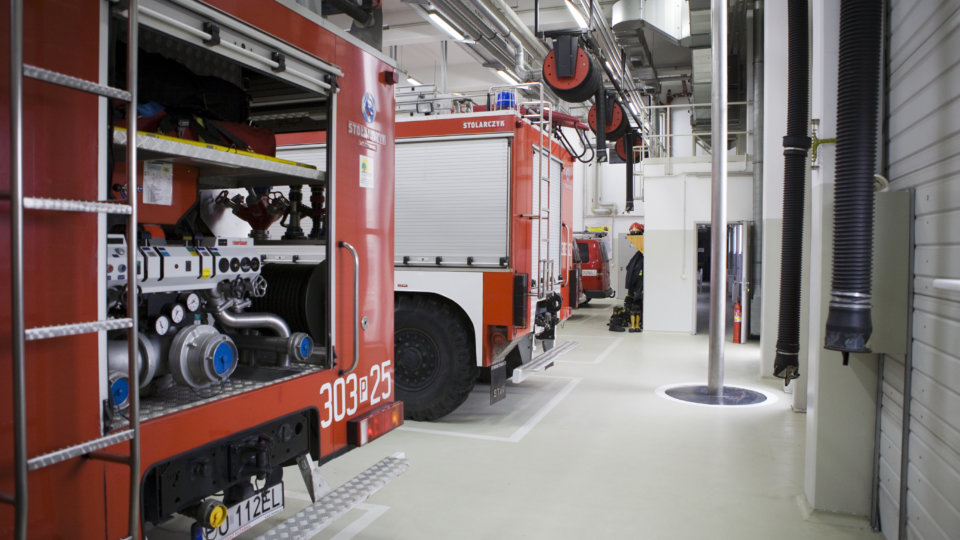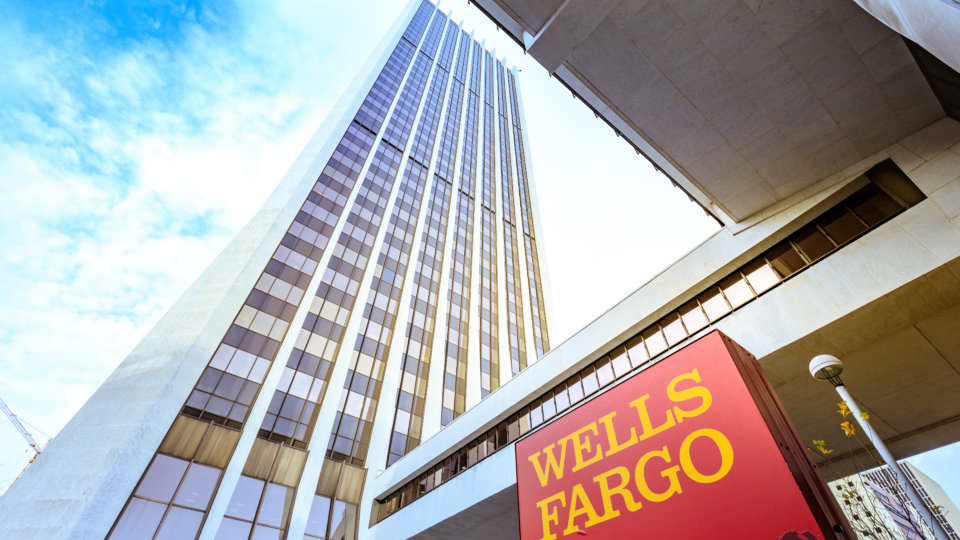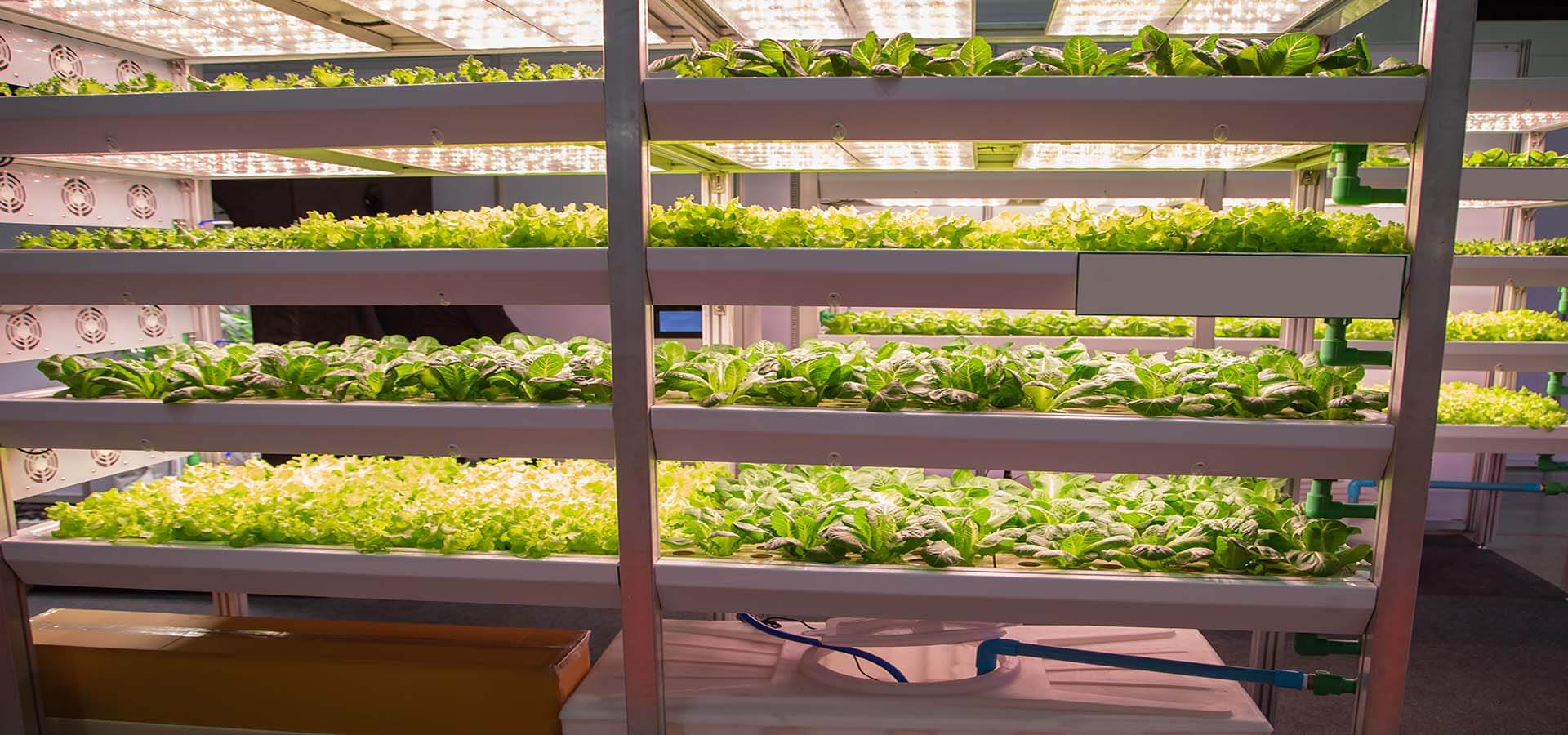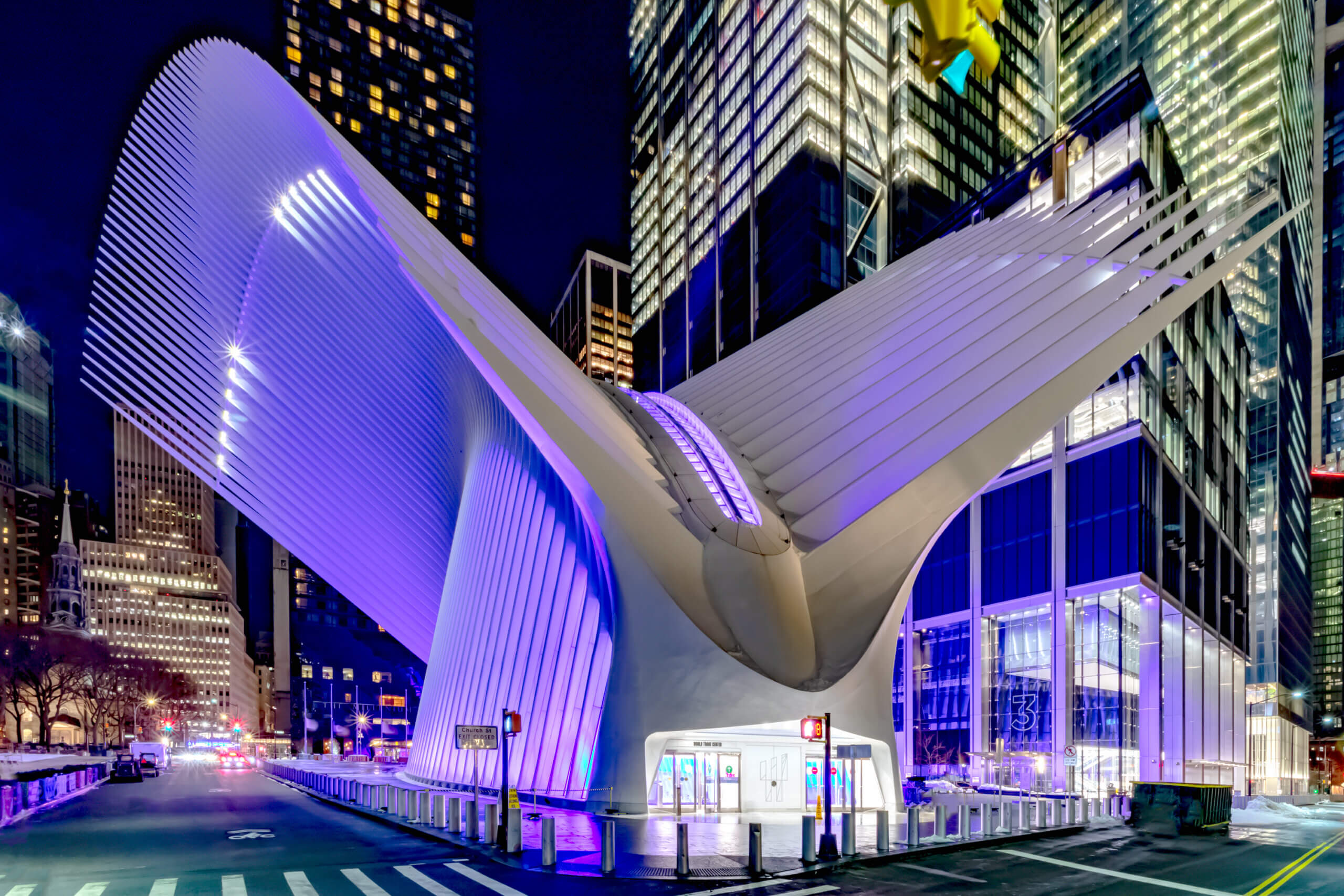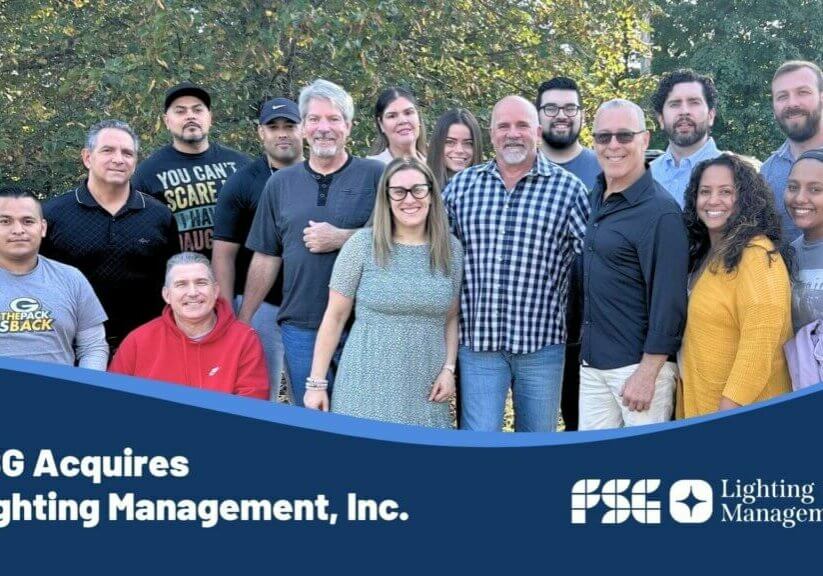Reopening California Hotels: What It Means for Hospitality Post-COVID-19
Share Article
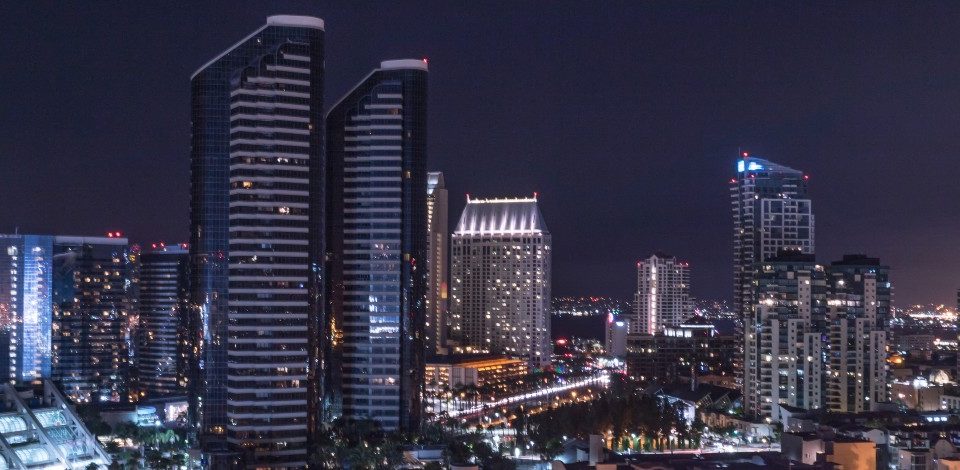
Little by little, step by step, it’s happening. More and more doors are reopening, and other doors are staying open longer. Traffic, business, commerce — life — are all returning to streets and sidewalks that were left deserted weeks ago.
Slowly but surely, we’re trying to reopen. COVID-19 forced us into one of the most unusual experiences this planet has ever gone through. Now, though, signs of a reversal are showing.
In the United States, various jurisdictions are opening at their own pace, and according to their own rules. But by and large, more “non-essential” businesses are being allowed to resume operations.
Among those opening in California, and gearing up to open in New York and other states are hotels and other hospitality facilities. With the prospect of resumed travel — relatively limited though it may be — hotels are eager to serve guests once again.
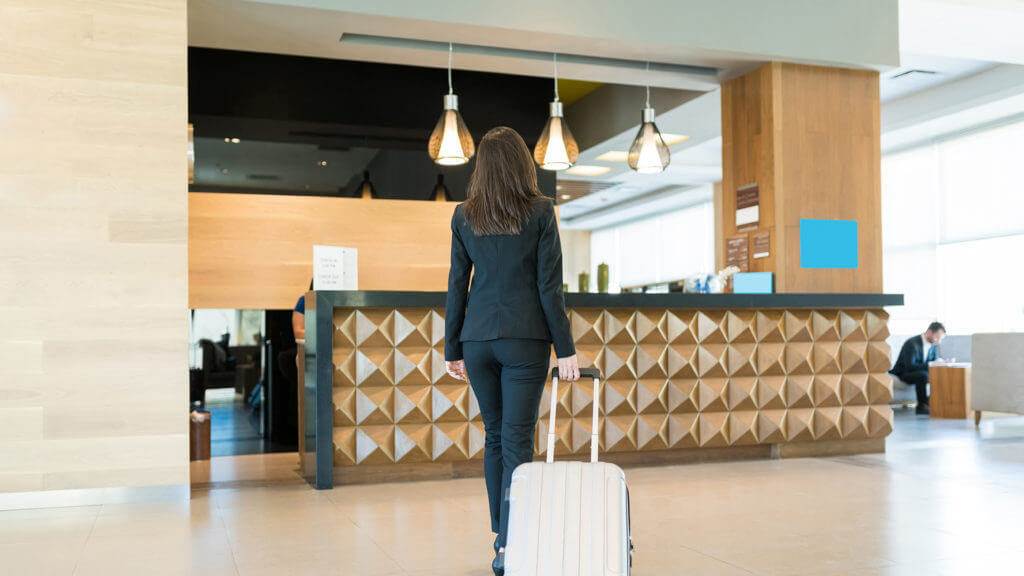
The question is how?
How can an industry so identified with personal attention and filled with unavoidable personal contact, possibly resume business as it once was?
More importantly at this moment, how can guests and staff feel safe in this kind of shared environment right now?
The Process of Reopening
Across the country, most states have begun the reopening process, though in various shapes and forms. The West Coast states, for example, are in a cautious “regional reopening” stage, according to this New York Times article. New York, Pennsylvania, New Jersey, and Maine have likewise adopted a slow-and-steady approach.
The rest of the states, however, have graduated to some form of general reopening. Even though there remain serious restrictions on crowds and numbers of customers in stores, the fact is that people are being allowed into stores in the first place.
They’re also being allowed into hotels, and now even into other hospitality and entertainment venues.
Summer is almost in full swing. But it doesn’t quite feel like it yet.
California’s 4-Stage Plan
In states like California, though, the environment is still tense. Hit hard by the disease, the people of California now face a tremendous responsibility: to prevent a second deadly wave. In order to do that, a deliberate phased reopening plan has been initiated by the state’s government.
At the beginning of May, California began to enter Stage 2 of its four-stage plan. See California’s plan here.
At Stage 2, workplaces deemed as lower-risk are allowed to start opening, depending on certain restrictions. Unfortunately, hotels are considered high-risk workplaces, and so they are not eligible to resume business until the state reaches Stage 3 of the plan.
Many hotels have served as housing for essential workers, and even potentially as treatment centers. As they continue to serve these roles, and as the state hopefully draws nearer to reaching Stage 3, rules and guidelines for safe service are proving to be essential.
Hotel Reopening Objectives
In order to welcome guests back to their rooms, hotels in California have been asked to achieve a series of objectives:
- Perform a detailed risk assessment and implement a site-specific protection plan.
- Train employees on how to limit the spread of COVID-19, including self-screening.
- Implement individual control measures and screenings.
- Implement disinfecting protocols.
- Implement physical distancing guidelines.
The site-specific plan mentioned above must be a written document. The state has provided updated guidance regarding these plans:
- The purpose of the plan is to detail the protection and prevention measures appropriate at any given site.
- Employees must be trained according to the methods in the plan.
- Part of the plan includes responsibilities for tracing any potential contacts between infected/sick employees and guests or other staff.
Hotel Cleaning & Disinfecting Protocols
Fisher Phillips goes into more detail and unpacks the California guidelines on their website.
Some of the detail in the Fisher Phillips legal alert states, “Concomitant with infection control are cleaning and disinfecting protocols, which generally recommends cleaning in high traffic areas and disinfecting commonly used surfaces and shared equipment between users and/or shifts, making hand sanitizer and other sanitary supplies readily available, and ensuring sanitary facilities stay operational and stocked at all times with products approved for use against COVID-19 on the Environmental Protection Agency (EPA)-approved list.”
Many hotels and hospitality facilities across the nation are leveraging some of these disinfecting and preventative solutions:
- UV disinfectant lighting portable sanitization carts (surface and air)
- UV lighting for HVAC systems (air cleaning)
- Electrostatic sprayers
- UV lighting robots
- Disinfecting wipes and sanitizer stations throughout
The Marriott has announced a Global Cleanliness Council, which requires the use of “hospital-grade” disinfectants in public spaces and guest rooms. There has also been discussed a partnership with the Mayo Clinic and Lysol maker Reckitt Benckiser that require “high touch” areas to be cleaned even more frequently.
The Future of Hospitality
Obviously, there’s still much left to be determined at this point — both about how reopening plans like these work in practice, as well as how effective they are.
For now, though, doing our best as responsible individuals and responsible businesses means giving these plans and processes the chance they need.
Even though these modifications to life and commerce have undoubtedly been intrusive, it’s worth considering one of the bullet points on California’s hotels and lodgings industry guidance:
- Failure to adhere to these guidelines could result in workplace illnesses that may cause operations to be temporarily closed or limited.
That’s not so much a warning of government oversight, but rather a promise of what will result if we fail to carefully protect ourselves and one another: a resurgence of this deadly disease.
Hotels and lodgings across the country — and around the world — are suffering right now. Not just in California. But California tends to set the tone for much of the country on being diligent in situations that affect the health and safety of people.
Tens of thousands have lost jobs within this industry. Thankfully jobs are coming back to the hospitality industry. And while some establishments will be able to reopen their doors soon, things may still never truly get back to “normal” again.
As the pandemic hopefully crests, though, the “front line” of the fight will continue to move away from where it has been — the hospitals and doctors’ offices — and on to the rest of the world.
That makes it the responsibility of everyone, in every industry, to take measures and plans like these seriously.
Careful & Diligent Planning
That may sound like exactly what we’ve all been doing up till now. But that’s the point. Harsh and restrictive though the lockdowns have been, they have, by and large, kept a horrible time from becoming even worse.
In order to not waste that work, in order to make sure all the jobs and livelihoods lost were not in vain, the whole world has to continue acting with care and diligence. Without doing that, a second deadly wave is not only possible but likely.
FSG knows the next few weeks and months will be difficult for hotels and lodgings, but we also know this is a resilient industry made of smart people. Protecting and serving humans is what they’ve always done, and we know that’s what they’ll continue to do now.
If you have questions about UV Lighting solutions to sanitize your hotel, resort, or hospitality facilities, we have an expert team that can get you the answers and the solutions you need. Call (512) 615-6615 and we will be glad to help!

